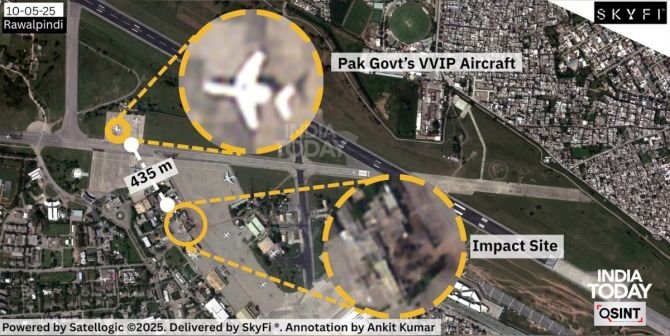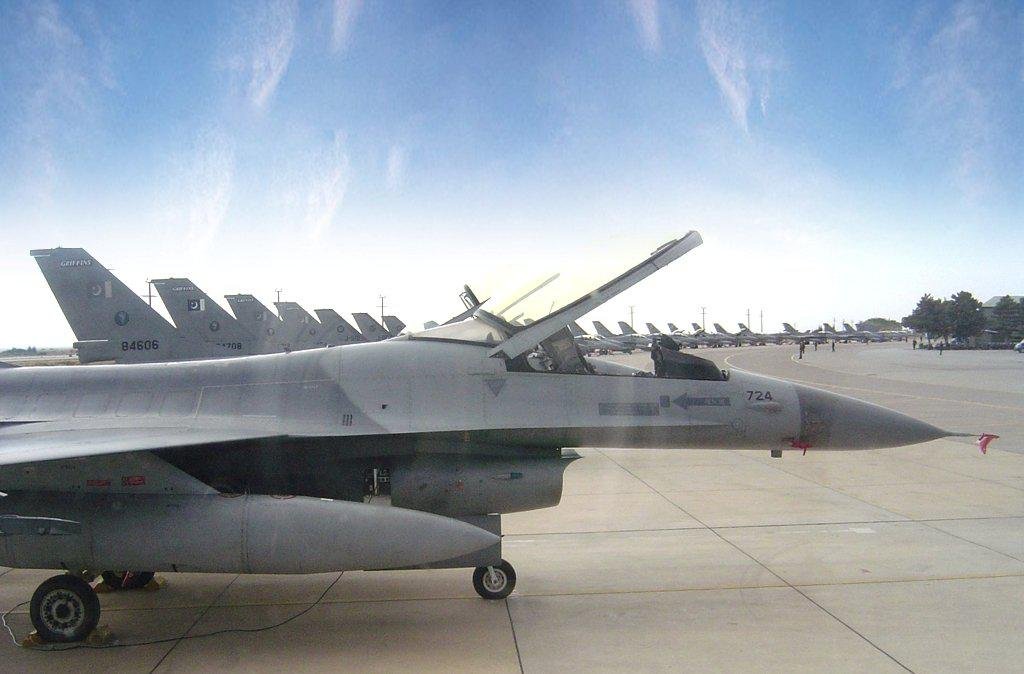Pakistani security expert Imtiaz Gul has triggered a major controversy with his claim that the Nur Khan airbase in Rawalpindi is effectively under American control.
In a widely circulated video, Gul alleges that even senior Pakistan Army officers are not permitted to interfere in the operations of this strategically vital airbase, suggesting the existence of deep-rooted and undisclosed operational agreements between the United States and Pakistan.
Gul’s assertion is particularly significant given the airbase’s location—just 10 kilometers from Islamabad and adjacent to Rawalpindi, the headquarters of the Pakistan Army. The base is also close to the Strategic Plans Division, which oversees Pakistan’s nuclear arsenal, further amplifying concerns about national sovereignty and security.
The Nur Khan airbase houses Pakistan’s main air transport squadrons, including C-130 Hercules and IL-78 mid-air refuelers, and serves as the command centre for air mobility operations. It also accommodates key training institutions such as PAF College Chaklala and Fazaia Inter College Nur Khan.
Flight tracking data and exclusive satellite imagery reviewed by India Today’s Open-Source Investigation (OSINT) team suggest that a VVIP aircraft matching the description used by Pakistani Prime Minister Shehbaz Sharif was present at the Nur Khan airbase around the time of the Indian Air Force (IAF) strikes on May 10, highlighting the strategic sensitivity and vulnerability of the country’s most important airbase, India Today had reported.

According to Gul, American aircraft are frequently seen at the base, but there is little transparency regarding their operations or cargo. He suggests that the arrangement between the US and Pakistan is based on undisclosed agreements, raising serious questions about the extent of US military access and the transparency of Pakistan’s military operations.
Gul’s claims have fuelled speculation about secretive joint operations or special access rights granted to the US, which, if true, would represent a significant compromise of Pakistan’s sovereignty.
The controversy comes in the wake of India’s precision strike on the Nur Khan airbase during Operation Sindoor, which was a retaliatory response to the Pahalgam terror attack. The strike caused substantial damage to the airbase, highlighting its strategic and symbolic importance in the region.
The proximity of the base to Pakistan Army’s main command centres and the Strategic Plans Division underscores the gravity of Gul’s allegations and the potential implications for Pakistan’s security architecture.
Despite the widespread debate and concern sparked by Gul’s statements, there has been no official confirmation or denial from the Pakistani government or military regarding the claim of US control over the Nur Khan airbase. The lack of official response has only intensified public scrutiny and raised further questions about the nature of US-Pakistan military cooperation and the transparency of such arrangements.
Imtiaz Gul’s claims have ignited a national debate over foreign influence, military transparency, and sovereignty at one of Pakistan’s most sensitive military installations. The situation remains unresolved, with the Pakistani public and strategic community awaiting an official clarification on the true status of the Nur Khan airbase.
Based On ET News Report


